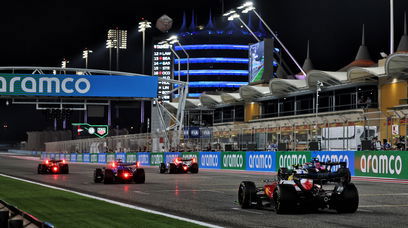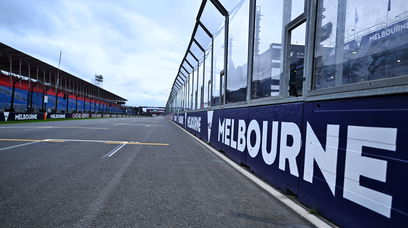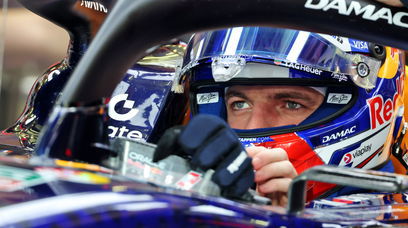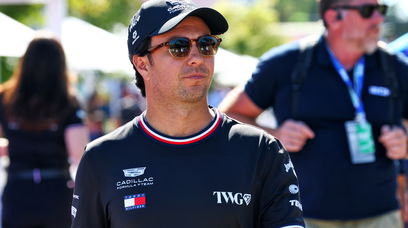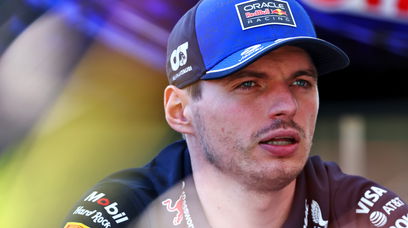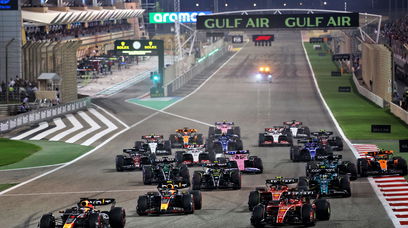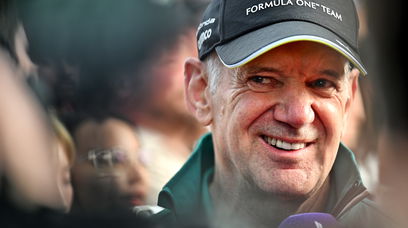At the Las Vegas Grand Prix, the single biggest threat F1 teams face to achieving optimal set up is the low ambient temperatures, which in turn causes a rapid decrease in track temperatures at night. It therefore constitutes a parameter which is more significant than at other circuits, one that must be carefully considered in the simulation work carried out prior to the event in the Mojave desert. In aid of this, Ferrari carried out a very high number of runs on the dynamic simulator and the CFD (Computational Fluid Dynamics) to determine the aerodynamic configuration and the mechanical setup of the suspensions. On the one hand, the optimal aerodynamic configuration will, in practice, be the one adopted for Monza, a track with similar low downforce characteristics, where efficiency is the main factor in increasing performance. However, on the other, the ideal aerodynamic configuration, if chosen, will have a difficult task in making the tyres work at their best - both to quickly get them into the ideal operating temperature range, but also in trying to keep them within those values.
Joker up Ferrari's sleeve
Thanks also to the availability of the data collected last season in Nevada, the Maranello engineers were able to significantly refine the mathematical model of energy/heat transmission within the tread, which varies depending on the compound used. That variation determines what in technical jargon is defined as the hysteresis cycle of the rubber (the lag time between putting heat into the tyres and the tyres actually heating up). More specifically, the transformation that each compound undergoes at specific internal temperatures, which ultimately determines the range in which the rubber produces maximum performance and mechanical grip. This is determined through simulations which not only calculate the vertical loads or the distribution of the aerodynamic load on the tyres, but also consider the suspension adjustment parameters, given by their characteristic angles (camber in particular). The mathematical model, which simulates the behaviour of the tyres, made it possible to dismantle and resolve the balance problems Ferrari had suffered after the introduction of the aerodynamic development that debuted at the Spanish Grand Prix. Ultimately, it is a tool which despite its complexity - highlighted by the fact that each use requires the solution of a system of non-linear equations with around 20 different parameters - allows the Italian team to understand the behaviour of the tyres, not only lap-by-lap, but also corner-by-corner. Ferrari's SF-24 owes much of its competitiveness post-summer break to the precision of this mathematical model, which has allowed the adoption of upgrades that have not only increased the aerodynamic performance and level of downforce, but did not upset the balance of the car. In Las Vegas, Ferrari will begin refining the basic setups of the SF-24 that emerged from the simulations within the tool in FP1. After all, in Sin City, you need the "right numbers” to win.
Most read
